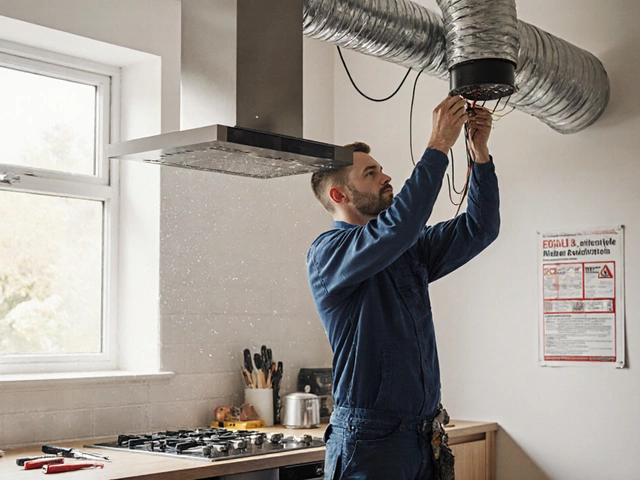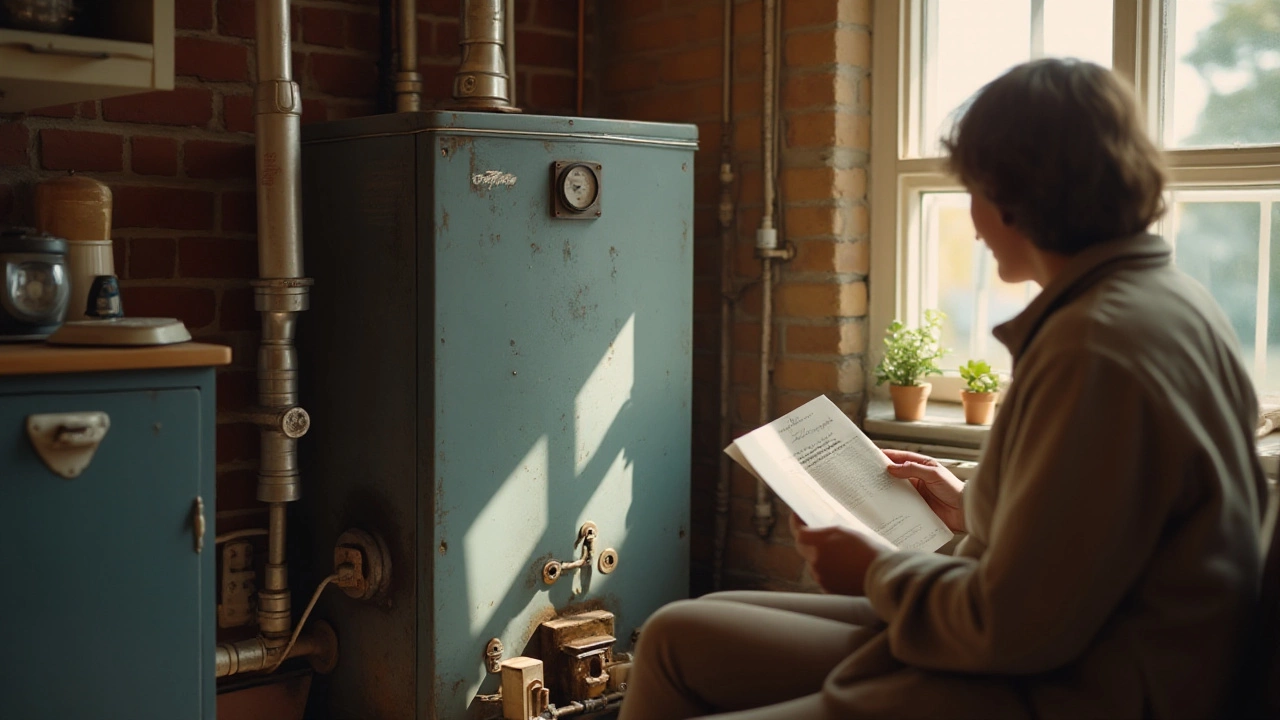Old Boilers – Know When to Repair or Replace
If your boiler has been humming away for years, you might wonder how much longer it will last. The truth is, even a well‑maintained boiler has a finite life. Knowing the signs of trouble early can save you from a cold house and a painful repair bill.
Most homeowners think a boiler will run forever until it finally quits. In reality, a typical boiler lasts between 10 and 15 years, depending on brand, usage, and maintenance. After that, parts wear out, efficiency drops, and the risk of breakdown rises.
Common Signs Your Old Boiler Is Failing
Look out for these red flags:
- Strange noises – banging, clanking, or whistling usually means limescale or air trapped in the system.
- Fluctuating temperatures – if rooms are too hot one moment and icy the next, the thermostat or heat exchanger could be at fault.
- Leaks – any water around the boiler or on the pipework is a sign of a broken seal or corrosion.
- Higher bills – older units lose efficiency, so you’ll see the energy bill climb even if you haven’t changed your habits.
- Constant trips of the safety valve – the boiler is shutting down to protect itself, which usually points to a serious fault.
When you notice one of these issues, schedule a repair right away. Ignoring the problem only makes it worse and can lead to a full breakdown.
Extending the Life of an Old Boiler
Regular maintenance is the cheapest way to keep an old boiler running. A yearly service by a qualified technician can flush out limescale, tighten loose connections, and check the pressure settings.
Here are a few DIY steps you can take between professional visits:
- Check the pressure gauge – it should sit between 1 and 1.5 bar when the system is cold.
- Bleed radiators – trapped air reduces heating efficiency and makes the boiler work harder.
- Clean the boiler room – dust and debris can block ventilation, causing overheating.
- Inspect the thermostat – make sure it’s set to a realistic temperature and isn’t stuck.
Even with good care, there comes a point when repair costs outweigh the benefits. A broken boiler can leave you without heating and hot water for days. In an emergency, you might manage with temporary solutions, but a reliable heat source is essential, especially in cold weather.
If your boiler is over 10 years old and you’re facing repeated repairs, it’s time to calculate the replacement cost. New boilers are more energy‑efficient, which can lower your bills by up to 30 %. While the upfront price seems high, the long‑term savings often make it worth it.
Bottom line: keep an eye on the warning signs, do regular maintenance, and weigh repair versus replacement carefully. A well‑maintained old boiler can still serve you, but knowing when to let it go will keep your home warm and your wallet happy.






